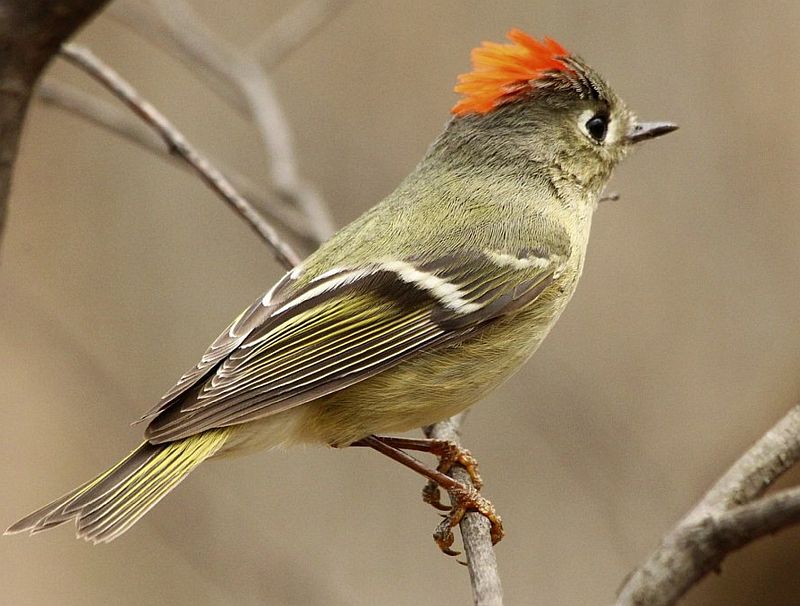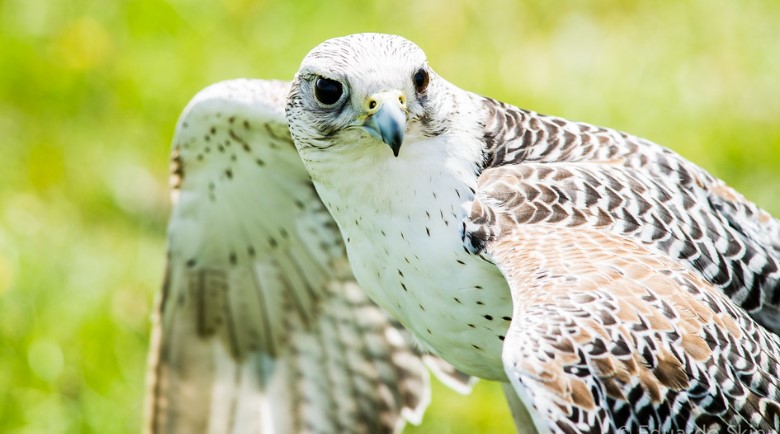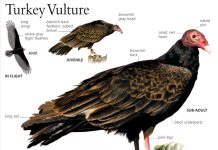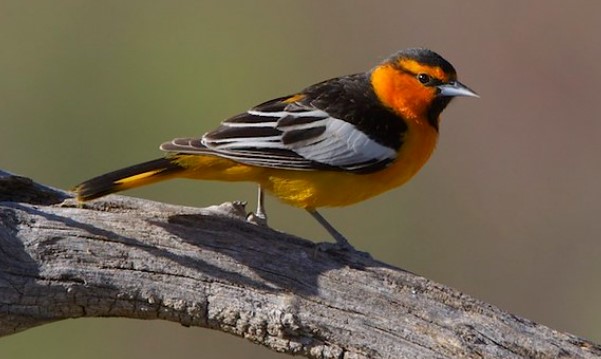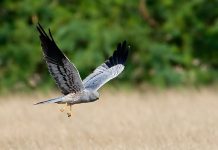Description
The white-throated kingfisher (Halcyon smyrnensis) is a tree kingfisher and a familiar and common resident, breeding bird of India, Bangladesh, Pakistan, Sri Lanka, and Myanmar. In the Marathi language, it is called ‘Khandya, Dheesa, and Dheewar.’ This bird is less dependent on water than other members of the Alcedinidae. Normally, the breeding season of the White-breasted Kingfisher is March till July.
The white-throated kingfisher is also known as the white-breasted kingfisher. The adult kingfisher has large, red-headed bills and legs. The bird has a bright blue back, wings, and tail, with a white throat and breast. The flight of the bird is very rapid and direct while the short rounded wings whirl, and large white patches are visible on the blue and black wings.
Courtship Display
Courtship starts in March; in that period, the long beak birds are very vocal and utter their cackling call ‘kili-kili’ repeatedly from a treetop for extended periods of time. Birds sit close to each other and repeatedly call.
White-throated Kingfisher Calls and Sounds
The white-throated kingfisher is often seen perched on telephone lines near wetlands, small lakes, lush green agricultural fields, and clearings. The call/sound of white-throated kingfisher is jarring, raptor-like downward trills and cackles, frequently in flight. Recently, I captured a white-throated kingfisher perched on a telephone pole and giving trilling calls.
Nest of White-breasted Kingfisher
Normally, the bird’s nest is a horizontal tunnel, up to a meter long, that ends in a widened egg chamber and has a 7-cm-wide entrance. It is excavated in a vertical cutting of earth on the bank of a river, stream, nullah, or roadside land. The egg chamber is slightly inclined, perhaps to prevent the flow of water into the chamber.
Also, it makes disposal of waste material from within easy, as the chicks grow. In some nests, the egg chamber is curved to the left or right. The lining of the egg chamber was not observed. Both birds participate in nest excavation. One of the birds flew full tilt at the prospective spot and hit it with the tip of its bill. It immediately returned to the perching site while its partner repeated the same process. This went on until a nest entrance had formed.
After the entrance was at least 5 cm long, both birds took turns sitting at its edge and excavating the tunnel further. Excavation ceased if the pair encountered problems such as rocky or hard soil, and a new site was selected. The pairs occupy the same area for 3 to 4 years. However, only ringing will confirm the reuse of a nest or site by the same pair. However, the White-breasted Kingfisher is known to use various location situations for constructing its nest.
Food
The kingfisher is quite often found near the water, where he likes to feed on a wide range of prey that includes many things, like small reptiles, crabs, amphibians, small rodents, and even birds.
Eggs & egg-laying
A clutch may comprise four to seven eggs but usually contains 5 to 6. Eggs are white and spherical-oval in shape. The average size of 30 eggs is 29.4 x 26.2 mm. The eggs are laid at regular intervals of 24 hours, or at least one gap of 48 hours in the egg-laying process.
Incubation & Hatching
There was negligible incubation up to the laying of the last egg, after which, it commenced at night. Both birds participate in incubation. The birds destroyed undigested food pellets that collected in the nest during incubation. During changing over of duties, the relieving bird uttered a call to the incubating bird, at which the latter left the nest.
After the eggs hatched, the attending bird removed the shells. In one of the nests, the adults also removed an infertile egg. The incubation period is the length of time from the laying of the last egg of a clutch to hatching. The Incubation period is 21–22 days and fledging period is 20–21 days.
Mortality
During one infertile egg hatching period, black ants attacked the chicks and eggs. At another nest, weaver ants attacked a chick. Other common causes of chick mortality include accidental drowning, caving in of the nest chamber, and, falling out of the nest hole.
Speeding vehicles occasionally knock down adult birds. A study shows that in the five nests that were observed, 22 eggs were laid, of which one egg was infertile and black ants attacked one chick and 3 eggs. The remaining 17 eggs hatched successfully.
White-throated kingfisher life span
The white-throated kingfisher hasn’t been famous for a long time. One of the oldest kingfishers is recorded to have lived at 21 years of age. Hence, the average lifespan is 4 to 5 years.

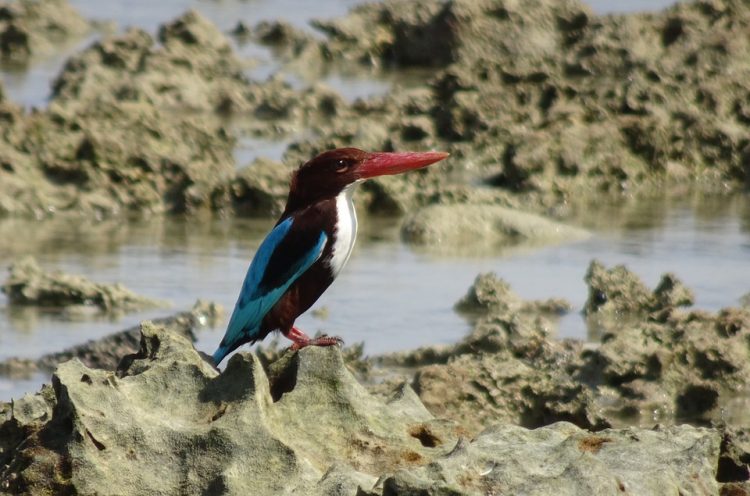
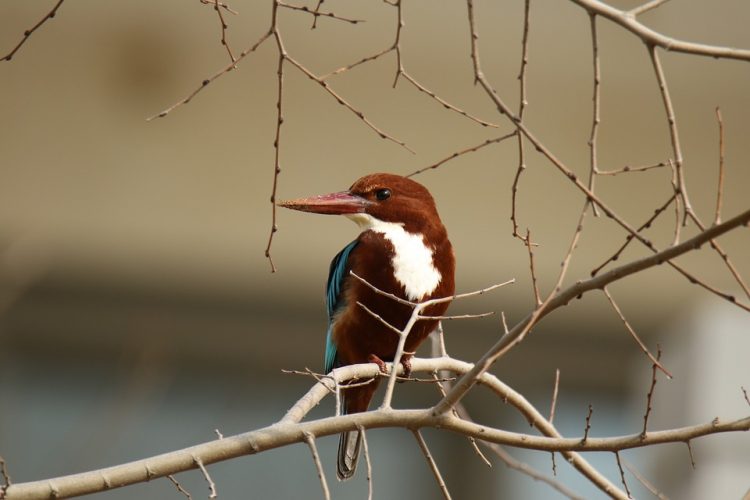
Read More
-
Belted Kingfisher (kingfishers)
-
Ruddy Kingfisher ! A Perfect Photogenic Bird
-
The Crested Kingfisher (Megaceryle lugubris)

